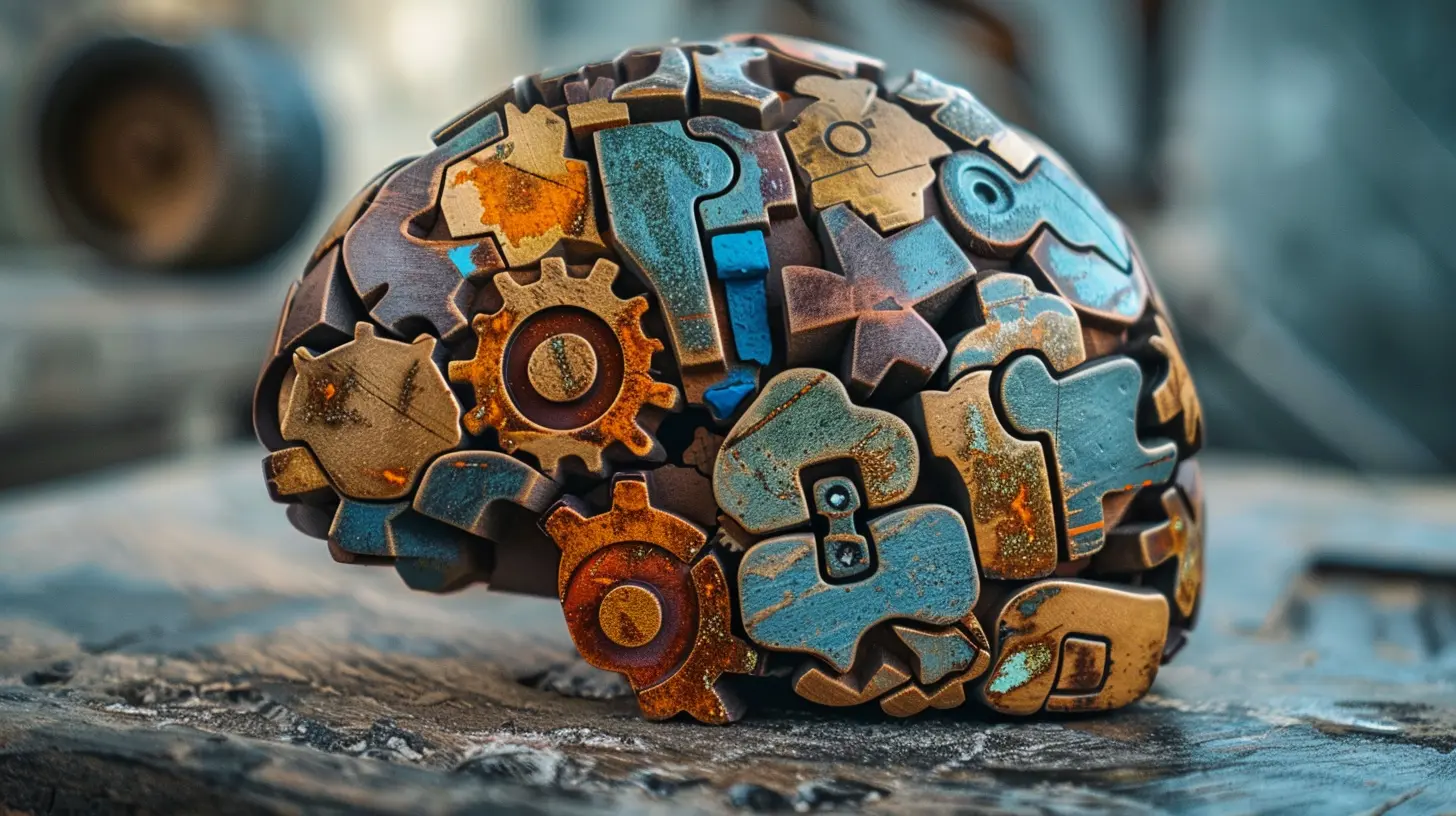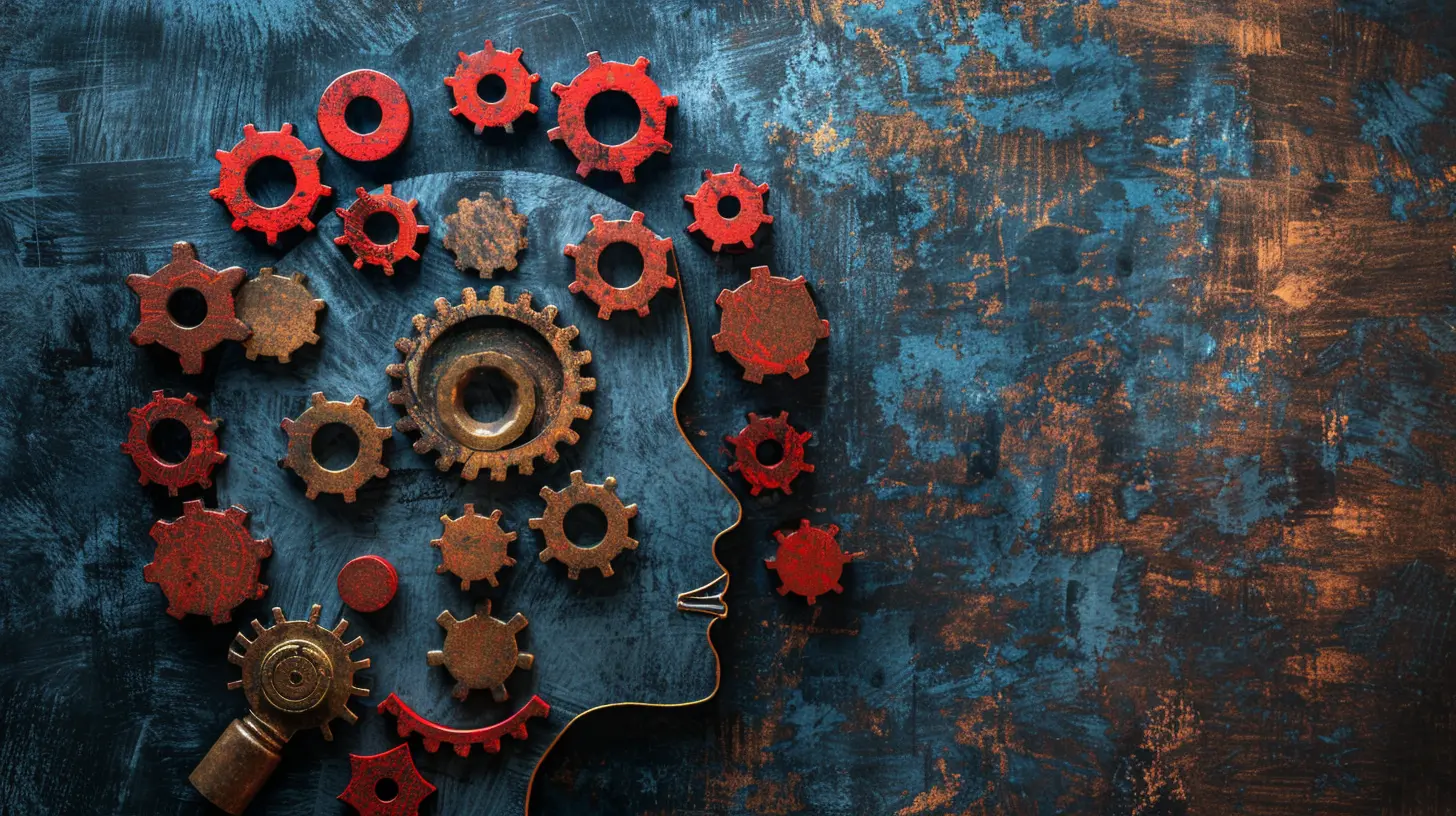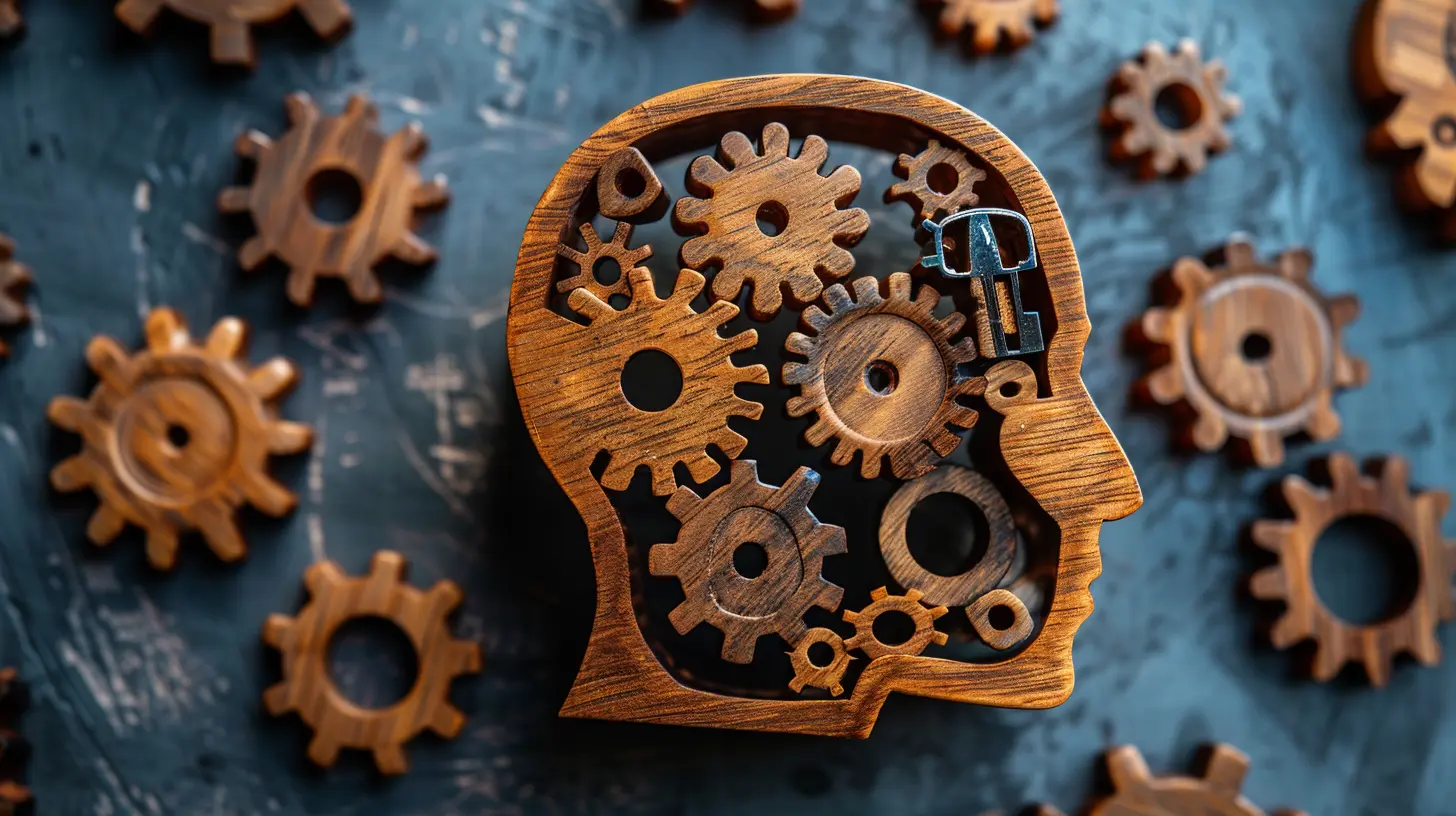The Role of Cognitive Flexibility in Problem-Solving at Work
9 September 2025
Introduction
Ever felt stuck on a problem at work, like you’re banging your head against a locked door? No matter how hard you try, the answer just won’t come. That’s where cognitive flexibility comes in. It's the mental skill that helps you switch gears, see things from different angles, and find creative solutions when you're at a dead end.
In today’s fast-paced work environment, being able to adapt, think critically, and problem-solve efficiently is crucial. Cognitive flexibility isn’t just about handling change—it’s about thriving in it. So, let’s dive into why this skill is so important and how you can develop it to become a more effective problem-solver at work.

What Is Cognitive Flexibility?
Cognitive flexibility is the brain’s ability to shift between different concepts, adjust to new information, and approach challenges from multiple perspectives. Think of it as your mental agility, allowing you to navigate problems smoothly rather than getting stuck in rigid thinking patterns.People with high cognitive flexibility can:
- Adapt quickly to changes in their work environment.
- Think creatively and find innovative solutions.
- Approach challenges with an open mind.
- Learn from mistakes and adjust their strategies.
On the other hand, those with low cognitive flexibility may struggle with stress, frustration, and difficulty finding solutions when faced with unexpected challenges.

Why Is Cognitive Flexibility Important at Work?
1. Enhances Problem-Solving Skills
At work, problems don’t always come with a clear-cut solution. Sometimes, the usual approach doesn’t work, and you need to adjust your perspective to crack the problem. Cognitive flexibility helps you see beyond the obvious and consider alternative solutions.Imagine a marketing team working on a product launch. If their initial strategy isn’t gaining traction, cognitive flexibility allows them to pivot—maybe by targeting a new audience or tweaking their messaging—to achieve success.
2. Encourages Innovation and Creativity
Innovation thrives on the ability to think outside the box. If you’re stuck in rigid thinking, it’s tough to come up with fresh ideas. But when you allow your brain to explore different angles, new solutions emerge.For instance, some of the greatest business ideas—like Airbnb or Uber—came from people who were willing to question the norm and think differently. Employees with cognitive flexibility can bring fresh, game-changing ideas to the table.
3. Helps You Adapt to Change
Change is inevitable in any workplace. New technologies, shifting strategies, and unexpected challenges are part of the game. If you resist change, you’ll only make things harder for yourself. But with cognitive flexibility, you embrace change and find ways to work with it, rather than against it.Think about how businesses had to quickly adapt during the COVID-19 pandemic. Those who were flexible transitioned to remote work, adopted digital tools, and found new ways to connect with their customers. Those who weren’t? Many struggled to survive.
4. Improves Decision-Making
When making decisions, seeing the bigger picture is crucial. If you're too fixated on one solution, you might ignore better alternatives. Cognitive flexibility helps you weigh different perspectives, analyze the pros and cons, and make informed choices.For example, a manager handling a workplace conflict needs to consider multiple viewpoints before making a fair decision. The ability to switch perspectives and remain open-minded leads to better problem resolution and a healthier work environment.
5. Reduces Stress and Increases Resilience
Work can be stressful, especially when things don’t go as planned. But if you're mentally flexible, setbacks won’t feel like the end of the world. Instead, you'll see them as opportunities to learn and grow.People with cognitive flexibility tend to have a more positive outlook. They don’t dwell on failures; they adjust, move forward, and keep tackling challenges with confidence.

How to Develop Cognitive Flexibility
Now that we know why cognitive flexibility is important, let’s talk about how you can train your brain to be more flexible. Just like a muscle, cognitive flexibility improves the more you use it.1. Challenge Your Own Thinking
Ever catch yourself thinking, “This is how we’ve always done it”? That mindset is the enemy of cognitive flexibility. Instead, question your assumptions and consider alternative approaches.Ask yourself:
- Is there another way to approach this problem?
- What would happen if I tried a completely different strategy?
- How would someone from a different background or department handle this?
2. Expose Yourself to New Ideas
The more perspectives you’re exposed to, the easier it is to think flexibly. Try reading books from different genres, listening to diverse opinions, or engaging in conversations with people who see the world differently.For example, if you work in finance, spend some time learning about psychology or design. You’d be surprised how insights from one field can inspire innovative solutions in another.
3. Be Open to Feedback
It’s easy to get defensive when someone challenges your ideas. But embracing feedback is a great way to develop cognitive flexibility. Instead of seeing criticism as an attack, view it as a chance to refine your thinking.Next time someone disagrees with you, ask them, “Why do you see it that way?” You might gain valuable insights that shift your perspective.
4. Practice Switching Perspectives
Try looking at problems from different angles. If you’re struggling with an issue at work, ask yourself:- How would a customer see this situation?
- What would my boss expect?
- How would a competitor handle it?
By practicing mental shifts like these, you'll train your brain to think more flexibly.
5. Engage in Creative Activities
Activities that force you to think in new ways—like playing chess, solving puzzles, or even doodling—help build cognitive flexibility. They push your brain to form new connections, making it easier to adapt and innovate at work.6. Embrace Uncertainty
The more comfortable you are with uncertainty, the better you'll handle unexpected challenges. Instead of fearing the unknown, see it as an opportunity for growth.Try taking on new projects that push you out of your comfort zone. The more you expose yourself to unfamiliar situations, the better you'll become at navigating ambiguity.

Conclusion
Cognitive flexibility is a game-changer when it comes to problem-solving at work. It helps you adapt to new challenges, come up with creative solutions, and make better decisions—all while reducing stress and boosting resilience.The good news? It’s a skill you can actively develop. By questioning your own thinking, exposing yourself to new ideas, and practicing mental shifts, you can train your brain to be more agile and adaptable.
So, the next time you’re stuck on a problem, don’t just bang your head against the wall—switch gears, change angles, and approach it from a fresh perspective. Who knows? The solution might be right in front of you.
all images in this post were generated using AI tools
Category:
Workplace PsychologyAuthor:

Ember Forbes
Discussion
rate this article
1 comments
Tabitha McRae
Love this! Cognitive flexibility truly transforms the way we tackle challenges at work. It's amazing how a shift in perspective can lead to innovative solutions. A must-read for every professional!
October 7, 2025 at 5:04 PM

Ember Forbes
Thank you for your thoughtful comment! I'm glad you found the article valuable and agree on the importance of cognitive flexibility in driving innovation.


